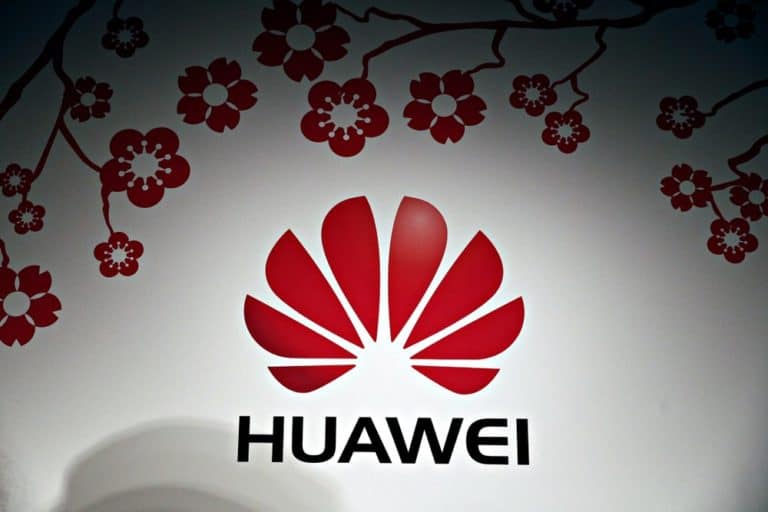The Chinese company Huawei has filed a motion for interim relief in its lawsuit against the U.S. government. In this way, the company is trying to challenge the ban on the use of its equipment by U.S. government agencies.
In the motion, Huawei states that the American law National Defense Authorization Act (NDAA), which was used for the sanctions, goes against the constitution. This law, which was adopted last summer, prevents U.S. government agencies and their suppliers from using Huawei equipment, as they may pose a threat to national security.
The US has been concerned for some time, because it suspects that the Chinese government is using Huawei equipment to spy. Huawei has always denied this. Hearings should be held in the courtroom in September for the motions of both parties.
Trade sanctions
Huawei and the US have been engaged in a struggle for some time, which reached a new peak earlier this month. Then President Donald Trump’s government imposed trade sanctions on the company. As a result, the Chinese manufacturer may no longer purchase components and hardware made in the United States unless approved by the United States government.
Not long after, Google revoked the smartphone manufacturer’s Android license. As a result, future company devices may no longer be able to use popular Google apps such as YouTube and Play Store. Chip manufacturers Intel, Qualcomm, Xilinx and Broadcom would also have stopped working with Huawei.
Huawei’s Chief Legal Officer, Song Liuping, has now said that the company is looking for ways to challenge the ban of the United States. According to Liuping, the ban affects more than 1,200 suppliers and 3 billion end users in 170 countries are at risk of being subject to sanctions. Last week, the sanctions were temporarily lightened in order to avoid disruptions for consumers.
This news article was automatically translated from Dutch to give Techzine.eu a head start. All news articles after September 1, 2019 are written in native English and NOT translated. All our background stories are written in native English as well. For more information read our launch article.